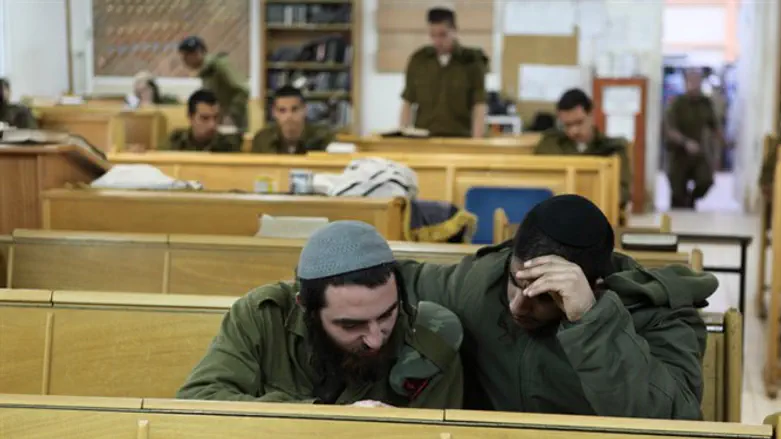
We read in our parsha:(45:3)’And Yosef said to his brothers:I am Yosef. Is my father still alive? But his brothers could not answer him כי נבהלו מפניו: because they were disconcerted before him’.
Rashi comments:נבהלו מפניו: מפני בושה: out of shame.
The Maharal explains this Rashi:’He could not explain these words as:‘because they feared he would harm them’, as the word לפניו: Before him, is then inappropriate; he therefore explained that the reason they could not answer was out of shame’.
Let us suggest that this reaction was, in fact, intended by Yosef, in his declaration:’I am Yosef’.
Rav David Hofstedter explains:All of Yosef’s harsh conduct towards his brothers, from their coming before him first, on their arrival in Egypt, stemmed from his righteousness. His sole motivation was to bring them to do תשובה שלימה, to totally repent for their transgressions towards him.
True, they had said:(42:21)’Indeed we are guilty concerning our brother inasmuch as we saw his heartfelt anguish when he pleaded with us, and we paid no heed’.
However,they had not done תשובה for wrongly adjudging Yosef to be a רודף: ‘a pursuer’, who wished to usurp their rightful place, which led to his sale, and enslavement.
Their ‘verdict’ was based on their judgment that Yosef’s dreams, as he related them, were proof of his intention to ‘rule over them’; to supplant their rightful role in their family, and in the nation’s destiny.
Now, when the Viceroy of Egypt, revealed himself to be Yosef, their brother, they were stunned to realize that his ‘dreams’ were truly a prophetic revelation from Hashem!
All their ‘justification’ for their actions towards him, were revealed ‘to their faces’, as being false!
Expounds Rav Elya Lopian:’And the holy tribes- Yosef’s brothers- in their purity, as soon as they realized that they had erred in Yosef, and in his sale, judging him to be a רודף, and now seeing that he was ‘right’, were so stricken by shame, that their ‘souls departed’ out of shame’.
Why did Yosef the Righteous deem it so critical that they should be stricken by בושה: shame?
The answer is given by our sages:(Brachot 12:)’Whoever transgresses, and is then ashamed of this transgression, is forgiven his transgressions’.
Yosef uttered the words:’I am Yosef’, out of his love for his brothers, to bring them to בושה, in themselves, and thereby, to be forgiven their transgressions against him!
We learn of the wondrous ‘cleansing’ power of בושה, from another seminal event: from the inauguration of the Mishkan.
We read (Shmini 9:7):’Moshe said to Aaron:Come near to the altar and perform’ your service.
Comments Rashi:’Come near to the altar’:Ahron was בוש: ashamed to come near’, and offer the sacrifices, because of his shame from his role in the חטא העגל.
Continues Rashi:’Moshe said to Aaron:Because of this, you were chosen’.
The Netivot Shalom expounds: Moshe said: Because you were ashamed of your transgression, THAT is precisely why you were chosen- why you merited this high honor!
Let us conclude by deriving a further lesson in ‘righteous’ conduct, from Yosef in this wondrous episode: He is careful not to shame his brothers directly, despite their transgression against him; instead, he leaves it to them to become ashamed of themselves, from his simple statement.
לרפואת נעם עליזה בת זהבה רבקה ונחום אלימלך רפאל בן זהבה רבקה, בתוך שאר חולי עמנו.
